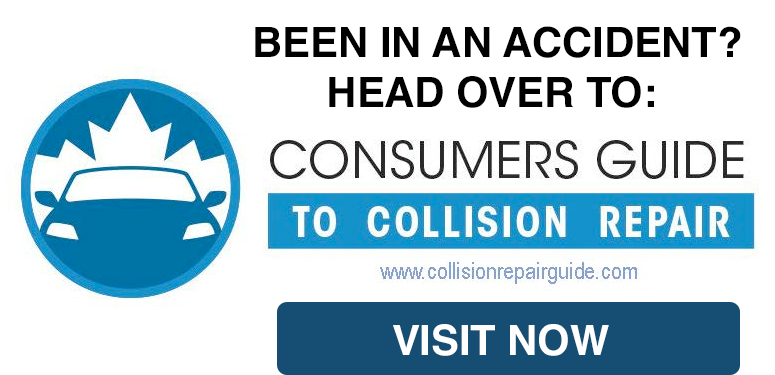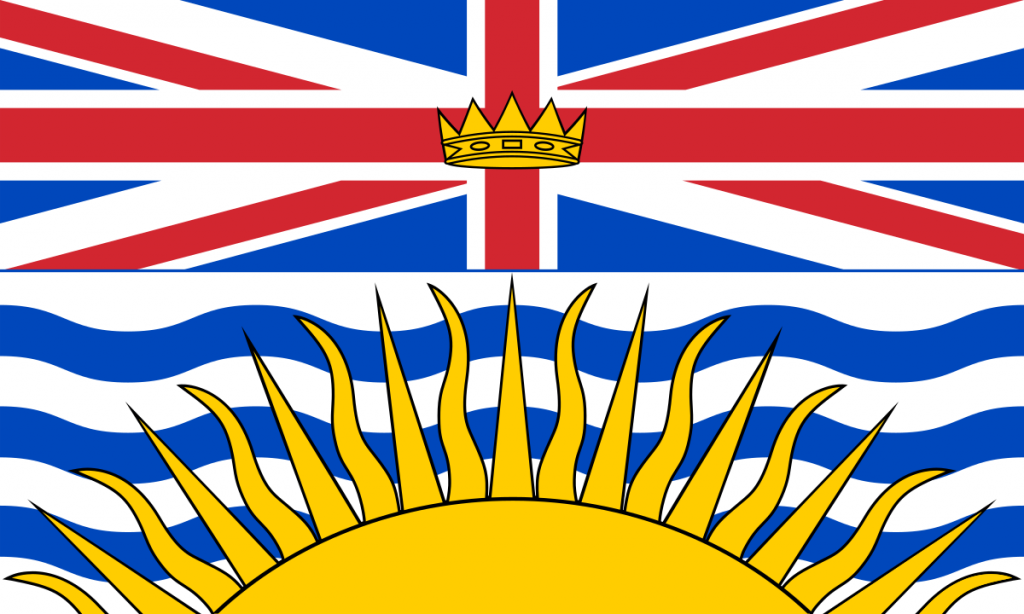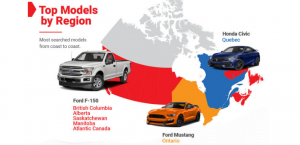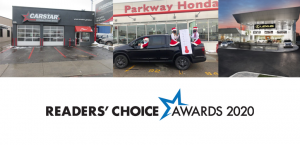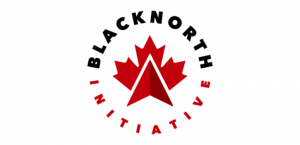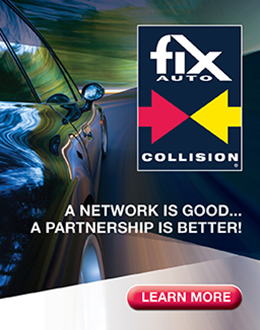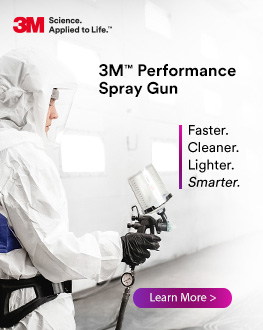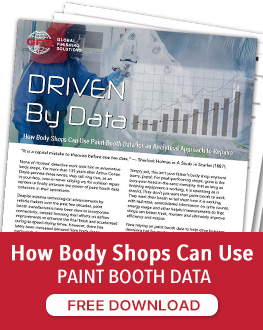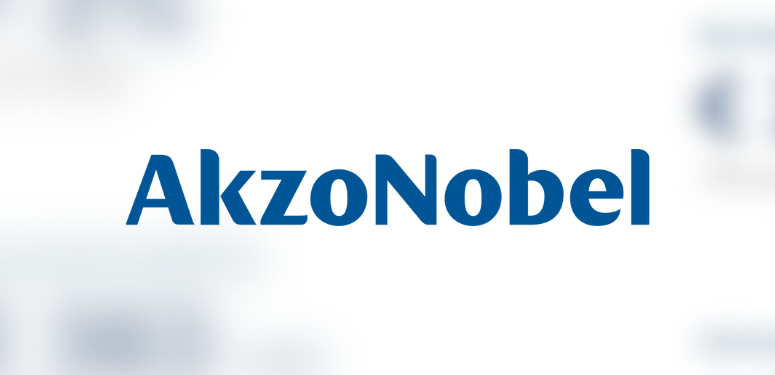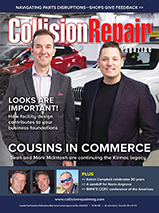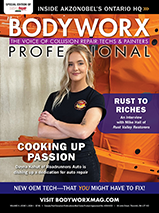B.C. INVESTS IN EVS
Canada’s Minister of Natural Resources has announced a $380,000 investment to help the Corporation District of the Summerland build 22 electric vehicle (EV) chargers as a part of the government’s commitment to realizing a low-carbon future. Six electric vehicle fast chargers and 16 Level 2 EV chargers are set to be placed at various public sites. The first site will open in the fall of 2020. The federal funding will be provided by the Electric Vehicle and Alternative Fuel Infrastructure Deployment Initiative (EVAFIDI) and the Zero-Emission Vehicle Infrastructure Program is being added on to the $150,000 the Government of British Columbia is investing in the project.
This investment is said to support the commitment the federal government has made to achieve net-zero emissions by 2050 as well as the provincial governments commitment to reduce emissions by 80 percent by 2050. It also helps to support the government’s goal to reach its target of 100 percent of zero-emission passenger vehicle sales by 2040. This target also paved the way to the Government of Canada decision to provide over $300 million to support the establishment of a coast-to-coast network of fast chargers for electric vehicles. This infrastructure that results from these investments will allow people to drive and charge their vehicles across Canada.
NO RELIEF
Throughout the COVID-19 pandemic Canadians have been driving less, leading to a reduced number of claims. In response to this reduction, private insurers have returned approximately $280 per driver in auto insurance premium relief. The Insurance Bureau of Canada (IBC) ran a survey of members and found that the industry has already returned more than $775 million to auto insurance customers. IBC members are expected to continue to provide relief. The situation in British Columbia however is different, where the Insurance Corporation of British Columbia (ICBC) has not provided any relief to its customers. Specifically those whose driving habits have changed or who are facing financial hardship as a result of the pandemic.
“ICBC has realized significant savings due to reduced claims and a drop in collisions, but has turned its back on drivers in the province by refusing to provide financial relief to British Columbians,” said Aaron Sutherland, Vice-President, Pacific, IBC. “In stark contrast, private insurers across Canada have taken steps to make life easier for their customers during this crisis. It is yet the latest example of the need to end ICBC’s monopoly, and give British Columbians a choice when it comes to car insurance.”British Columbians pay more for auto insurance than anyone else in the country. ICBC announced in May that the only consumer relief it would provide its customers would be the elimination of fees associated with cancelling insurance ($30) and allowing drivers to use their car differently without it affecting their premiums.
CARS FOR GOOD
With an increasing number of people across the country relying on charitable services during the COVID-19 pandemic, many community organizations have found themselves in need of a reliable vehicle. Responding to that need, Toyota Canada and its dealers across the country developed Cars For Good, a program supporting local charities with free short-term vehicle loans or other delivery services.Many Toyota dealers across the nation have already made an impact on their communities by loaning their vehicles to local charities, including Destination Toyota located in Burnaby, British Columbia. Destination Toyota loaned a Toyota Sienna minivan to the Greater Vancouver Food Bank, an organization which the dealership had supported in April through Toyota Canada’s donation matching program.
“We had made a cash donation to the food bank earlier in the year, and this was a natural way for us to follow-up on that,” said James McInnes, the dealer’s General Manager. “The food bank needed to shuttle volunteers around the Greater Vancouver area and the Sienna allowed them to do that safely and efficiently. Plus, with generous cargo space, the Sienna also helped them distribute food throughout the city.”“The volunteer powered shuttle service we have created with this beautiful van is hugely valued by our clients, and we are so proud to be able to offer it,” said Cynthia Boulter, Chief Operating Officer, Greater Vancouver Food Bank.
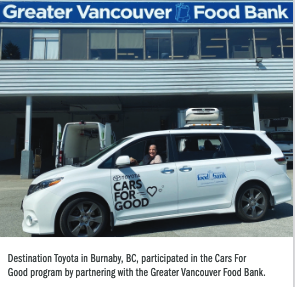
CARS FOR GOOD
Premier John Horgan gave some blunt advice for drivers in B.C. with American licence plates who are afraid of being judged or subjected to harassment by B.C. residents. “With respect to those who have offshore plates and are feeling harassed, I would suggest perhaps public transit. I would suggest that they get their plates changed. I would suggest that they ride a bike,” the premier said at a news conference in late July, reported CBC. The pandemic has increased the tension between Canadians and Americans due to the vastly different approaches the nations have taken in response to COVID-19. Currently, the U.S. has the highest number of COVID-19 cases and deaths in the world.
In contrast, B.C. has very few cases and was able to flatten the curve in the early stages of the pandemic. According to CBC people driving cars with U.S. plates say they’ve endured vandalism and harassment from Canadians convinced that they’re Americans illegally in Canada who might potentially spread the coronavirus that causes COVID-19.There are several legitimate and fully legal reasons why drivers of cars with U.S. plates could be in Canada: they could be essential workers, have immediate family in Canada, or they could be Canadian citizens who have not yet changed their plates. Horgan gave some blunt advice to the drivers who are worried about being harassed for having U.S. plates. “If you feel [anxious] travelling with your plates, identifying yourself as someone from away, at a time of heightened anxiety, I think it’s incumbent on those individuals to take steps to reduce that anxiety,” he said. “Doesn’t seem jaw-dropping to me.”
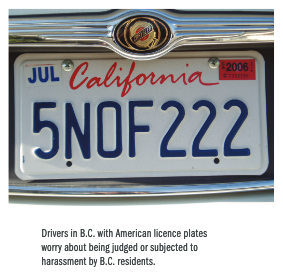
The pandemic has increased the tension between Canadians and Americans due to the vastly different approaches the nations have taken in response to COVID-19.


